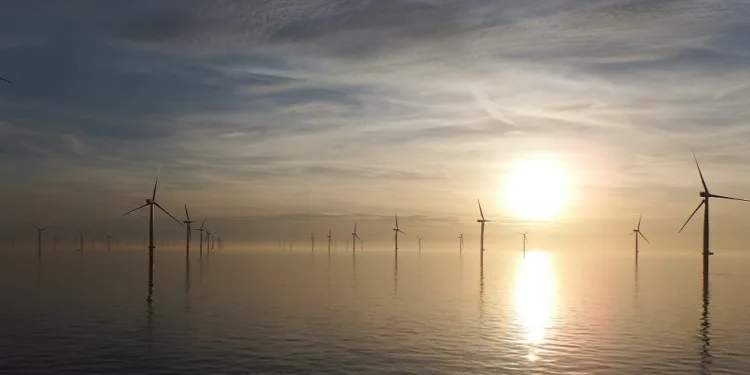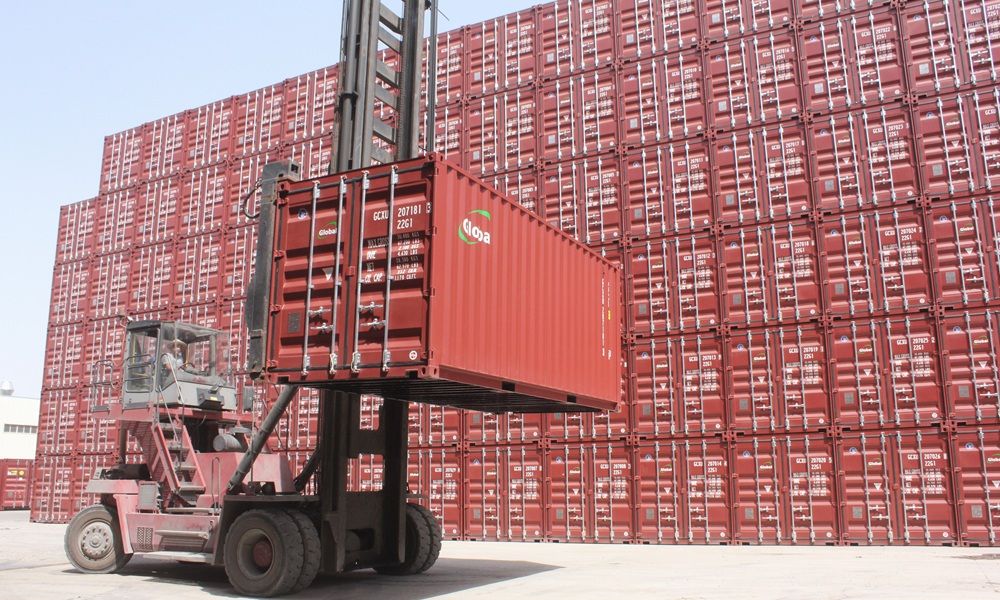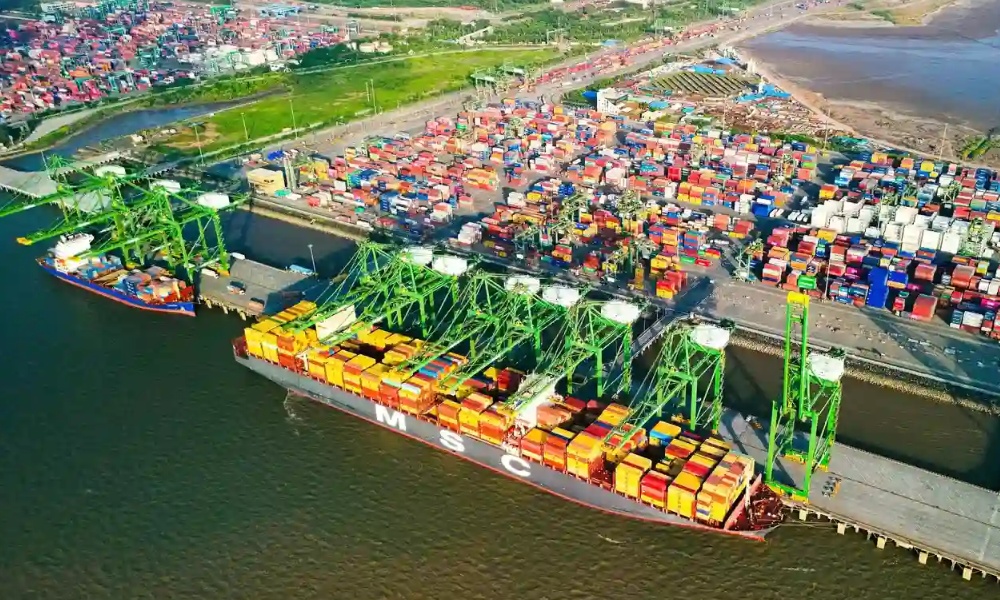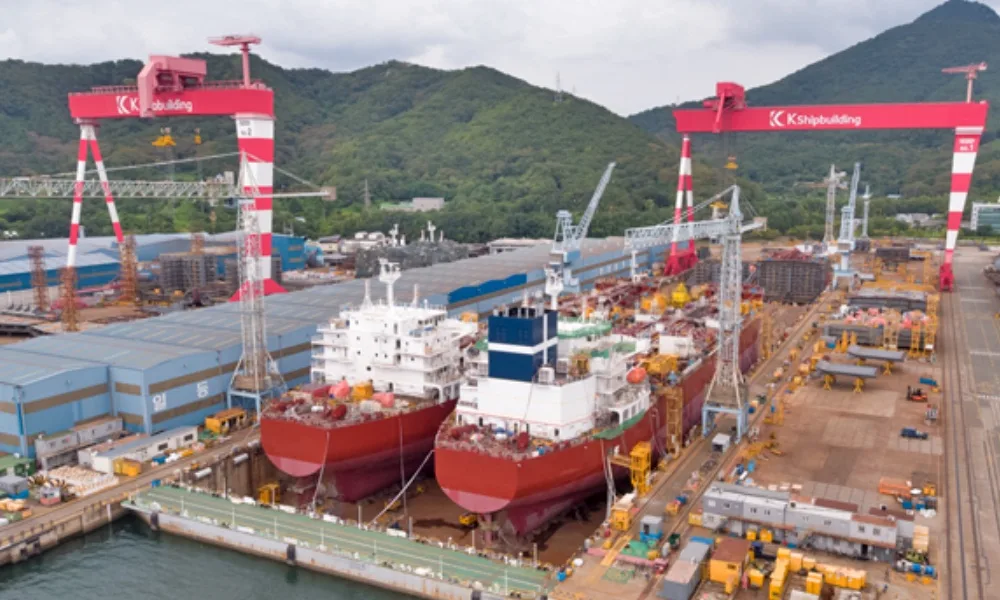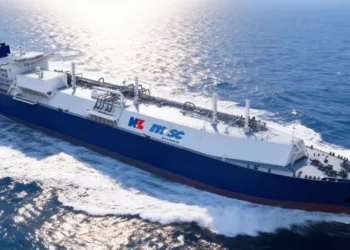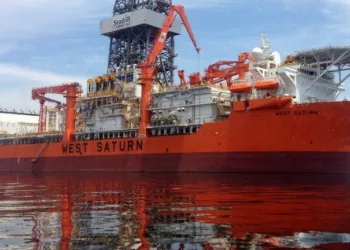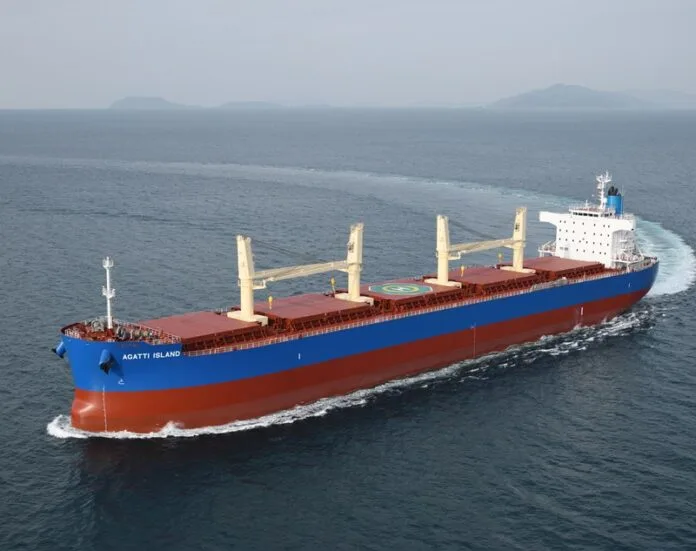The UK energy secretary, Ed Miliband, has set a budget of £1.08bn ($1.44bn) for developers applying in the upcoming AR7 contracts for difference auction.
The UK government set aside £900m ($1.2bn) for fixed-bottom projects, which have delivery years of 2028-29, 2029-30, and 2030-31. Another £180m ($240m) was made available to floating wind projects, with delivery years of 2028-29 and 2029-30.
According to the country’s Department for Energy Security and Net Zero, both funds are in 2024 prices, with no overall capacity caps.
An administrative strike price of £113/MWh ($150/MWh) has been set for fixed-bottom projects. Floating wind is set at £271/MWh ($362/MWh). Like the two funds, prices are set in 2024 prices.
The offshore wind bidding for AR7 is scheduled to take place between November 11 and 17. Results will be announced on January 14.
“This auction is another step towards delivering the clean power this country needs to end our reliance on volatile global gas prices, ensuring our energy security and bringing down bills for good,” said UK energy minister Michael Shanks.
“Our competitive new auction process will allow us to buy the right amount of clean power at the right price on behalf of the British people so that we can take back control of our energy,” he added.
Despite the minister’s positive statement, the reaction from the offshore wind industry was rather negative. RenewableUK claimed that the allotted budget would be enough to cover only a quarter of the 20GW of projects that have planning permission and would be eligible.
According to RenewableUK’s executive director of policy, Ana Musat, the budget would not be enough to “maximise investment in new offshore wind farms.”
Other experts have claimed that the budget would need to be around £2bn to keep the UK on track for decarbonising electricity generation by 2030.
One positive side in all this is that the UK government is prepared to contract more offshore wind generation if there is value for money for the consumer, as per a statement by Chris Stark, head of the new Mission Control for Clean Power, tasked with moving the UK to clean power by 2030.



